Market Analysis
In-depth Analysis of Silicone Inflatable Seals Market Industry Landscape
The market dynamics of the silicone inflatable seals market are influenced by various factors that impact its supply, demand, and pricing. Silicone inflatable seals are flexible sealing components made from silicone rubber, commonly used in industries such as automotive, aerospace, pharmaceuticals, and manufacturing. One of the primary drivers shaping the market dynamics is the increasing demand for silicone inflatable seals in the automotive sector. These seals are utilized in automotive applications for door and window seals, weatherstripping, and vibration damping, among other functions. As the automotive industry continues to grow globally, driven by factors such as increasing vehicle production, technological advancements, and stringent regulatory standards, the demand for silicone inflatable seals is expected to rise, driving market expansion.
Supply-side factors play a significant role in the market dynamics of silicone inflatable seals. The production of silicone inflatable seals involves specialized manufacturing processes such as silicone rubber extrusion, molding, and vulcanization, requiring access to high-quality silicone rubber materials and advanced production equipment. Therefore, factors such as the availability of raw materials, advancements in manufacturing technologies, and the expertise of manufacturers significantly impact production capacity and supply levels. Additionally, the presence of key manufacturers with established production facilities and distribution networks influences market dynamics, with expansions or disruptions affecting supply volumes and pricing.
Global trade patterns and regulatory frameworks contribute to the complexity of silicone inflatable seals market dynamics. Many countries rely on imports to meet their demand for silicone inflatable seals, leading to fluctuations in prices and supply chains. Trade policies, tariffs, and regulations regarding the import and export of rubber and plastic products influence market dynamics by affecting supply levels and pricing structures. Moreover, regulatory measures related to product quality, safety standards, and environmental regulations impact the production, distribution, and usage of silicone inflatable seals, influencing market dynamics and pricing strategies.
The pricing dynamics of silicone inflatable seals are influenced by various factors, including raw material costs, production costs, and market competition. Fluctuations in the prices of silicone rubber and other raw materials directly impact production costs, thereby influencing pricing dynamics. Energy prices and transportation costs also contribute to production expenses, affecting pricing strategies adopted by manufacturers. Market competition among suppliers and manufacturers further influences pricing dynamics, with companies adjusting their pricing strategies to gain market share or maintain profitability in a competitive landscape.
Demand-side factors, such as evolving consumer preferences and trends in end-user industries, shape the market dynamics of silicone inflatable seals. In addition to the automotive sector, silicone inflatable seals find applications in industries such as aerospace, pharmaceuticals, and manufacturing. The demand for silicone inflatable seals in these industries is influenced by factors such as technological advancements, product innovation, and regulatory requirements. Moreover, shifts in consumer preferences towards products with improved performance, durability, and environmental sustainability drive demand for silicone inflatable seals with enhanced properties, impacting market dynamics and pricing strategies.
Market dynamics in the silicone inflatable seals sector are also influenced by cyclical trends and seasonal variations. Certain industries, such as aerospace and manufacturing, experience fluctuations in demand for silicone inflatable seals based on factors such as production cycles, project timelines, and seasonal variations in demand for end products. Moreover, economic factors, global crises, and shifts in geopolitical dynamics can disrupt supply chains, affect consumer spending, and impact the overall demand for silicone inflatable seals, leading to fluctuations in market dynamics and pricing structures.


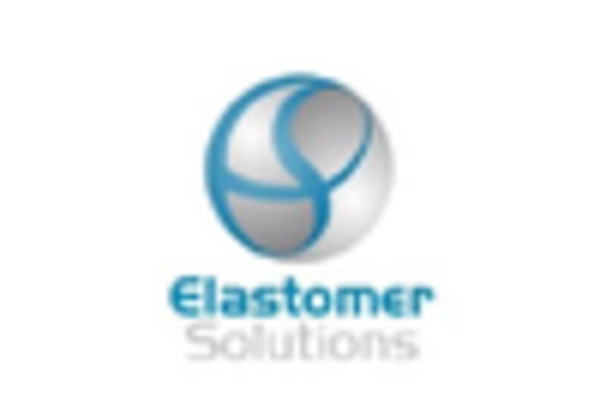
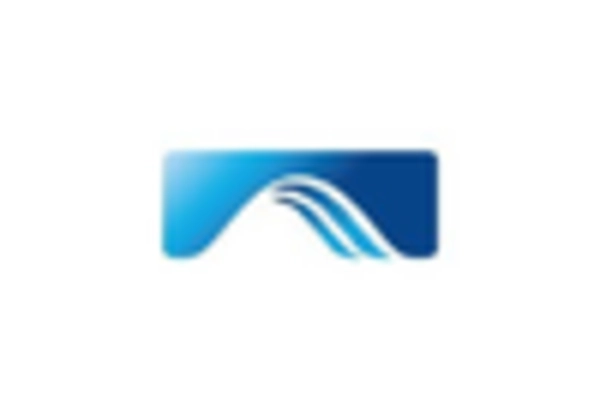
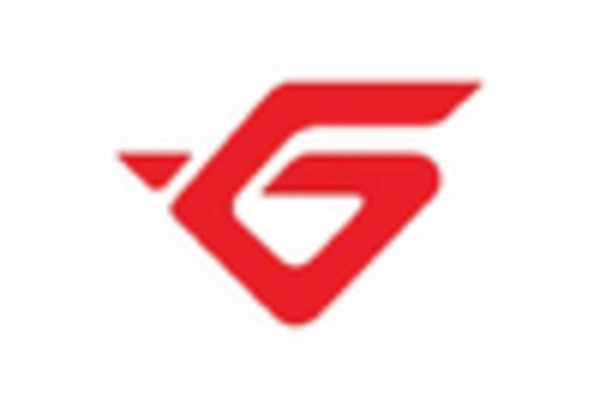
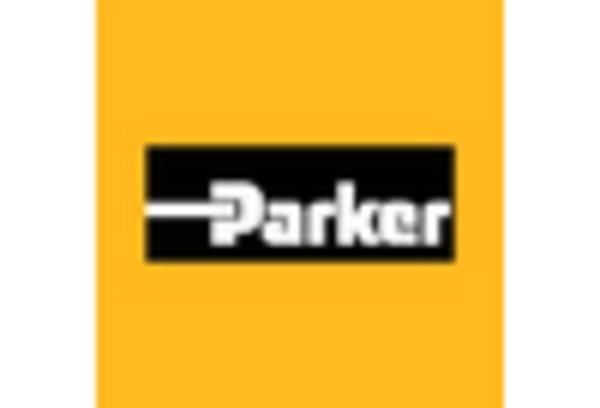

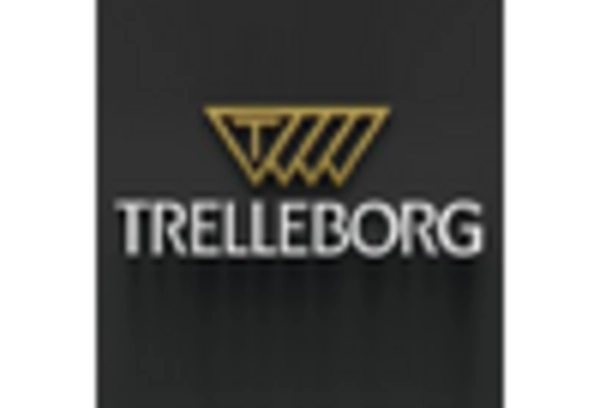









Leave a Comment